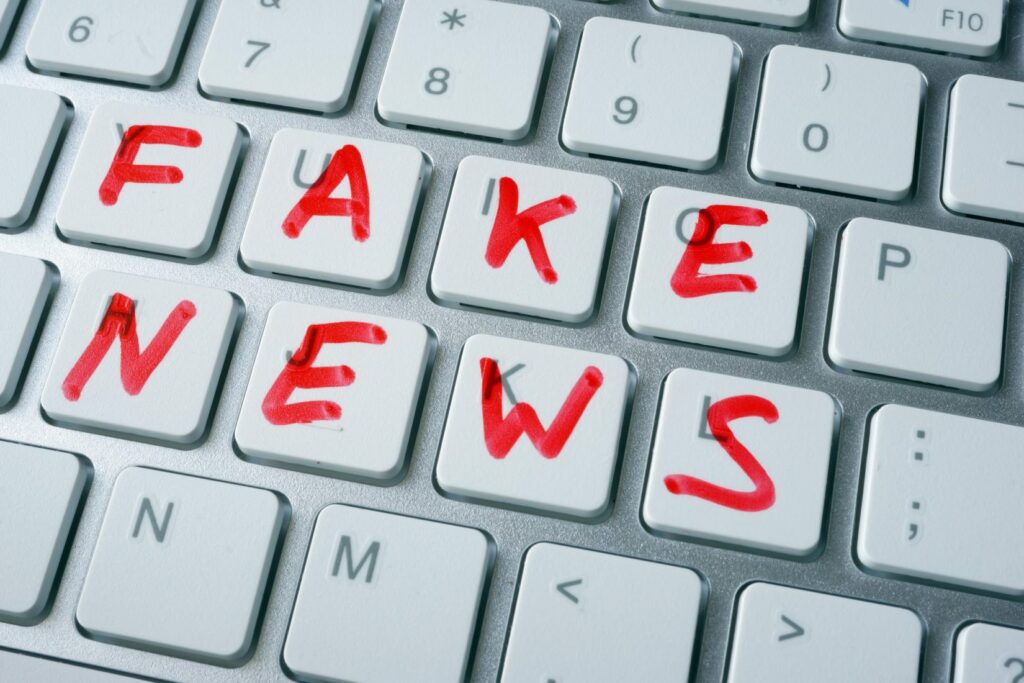Does falsehood “almost always” outperform truth on social media, as this article in The Atlantic suggests? I’m afraid this headline is itself an instance of what it purports to show, a bit like the hackneyed journalistic cliché that “we live in a post-truth era” (No, we don’t, and stop staying it). I’m not disputing any of the empirical findings reported here. Researchers at MIT compiled a huge list of “contested news stories” that were fact-checked on sites like Snopes, and then investigated how far and wide they had spread online. As it turns out, the debunked ones spread much faster than the confirmed ones, reaching more people and penetrating deeper into the social network. But what does all of this show? Does it really mean that “falsehood beats truth” on social media?

If you think about it, the overwhelming majority of information that we share online will never make it into this dataset. The category of “disputed information” is just the tip of a huge informational iceberg. First and foremost, fact-checking sites will never check the gazillion news items that are so mundane and incontrovertibly true that they are not challenged by anyone, and that we don’t even pause to consider their truth value. Think about the claim that Emmanuel Macron was elected president of France, that there was an earthquake in the Caribbean in January, or that Daniel Craig will play in the next James Bond movie. These true claims spread to millions of people, sometimes even in a matter of minutes, but are fact-checked by no-one. Epidemiologically speaking, I’d say nothing is more contagious than the naked truth. If a tsunami hit the Philippines tomorrow, the true belief “the Philippines was hit by a tsunami” will infect millions of brains worldwide in a matter of hours. No biological virus can spread with such breathtaking speed. As Douglas Adams once wrote: ‘‘Nothing travels faster than the speed of light with the possible exception of bad news, which obeys its own special laws.” The few falsehoods that are debunked by fact-checking sites only stand out against a backdrop of truth. In that sense, by a huge margin, truth beats falsehood. Second, fact-checking sites will also not look into claims that are so patently false that hardly anyone believes them. What they are dealing with are claims that are being widely circulated, but that are nonetheless suspicious or widely disputed.

Now, taking all this into account, the question remains: why do the false rumours outperform the true ones in this (highly biased) sample? Falsehoods definitely don’t spread because they are false, but rather in spite of it. All other things being equal, people prefer true information, and even fake news needs a certain “ring of plausibility” in order to convince people. From an epidemiological point of view, the major advantage of falsehoods – which is mentioned pretty late in the article – is that they are not constrained by reality. And because of this, falsehoods can gravitate towards locations in the memetic ‘phase space’ (the space of all possible memes) that tickle our imagination, push our emotional buttons, or are in some other way attractive to the human brain (the cognitive scientist Dan Sperber called them “cultural attractors”). Despite Mark Twain’s claim that “truth is stranger than fiction”, reality is often boring, mundane, humdrum. It’s so much more exciting if you can just make stuff up! No wonder that falsehood beats truth hollow in that contest. As a side note, it’s debatable whether people who spread fake news, urban legends and rumors genuinely believe the information they are transmitting, as Hugo Mercier writes in his new book Not Born Yesterday. For many people, it’s just entertainment, or a way to signal membership to a political tribe.
In short, I don’t believe that, on a level playing field, falsehood will beat out truth. Yes, falsehoods can be more titillating and exciting, but people hate being wrong, and are not indifferent to evidence. As my colleague Alberto Acerbi writes in his recent book Cultural Evolution in the Digital Age, all this study shows is that “rumors that were subsequently debunked” outperform “rumors that were subsequently confirmed”. Interesting, but not earth-shattering, and a far cry from the alarmist claim that “falsehood almost always beats out the truth” on Twitter. As John Milton wrote in his Areopagitica: “Let her and Falsehood grapple; who ever knew Truth put to the worse in a free and open encounter?”